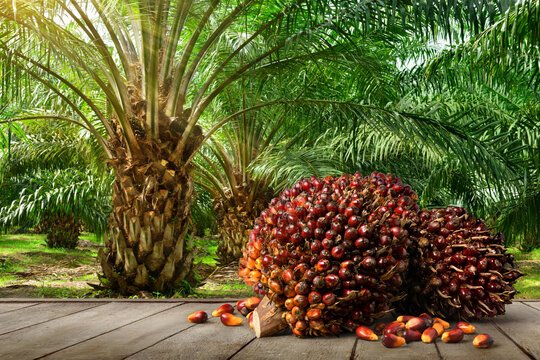The Truth About MSG in Noodles: How is MSG Made?
The Food Safety and Standards Authority of India (FSSAI) has issued guidelines regarding the use of Monosodium Glutamate (MSG) in food products. According to these guidelines, pre-packaged food shall not be described or presented on any label or in any labeling manner that is false, misleading or deceptive or is likely to create an erroneous impression regarding its character in any respect. Specifically, MSG cannot be added to pasta and noodles. The FSSAI has fixed the maximum permissible limits of MSG in canned crab meat at 500mg/kg. However, no guidelines currently exist for the maximum limit of naturally occurring MSG in food. If a food sample contains “naturally occurring MSG”, the manufacturers cannot label the pack “No added MSG”.

